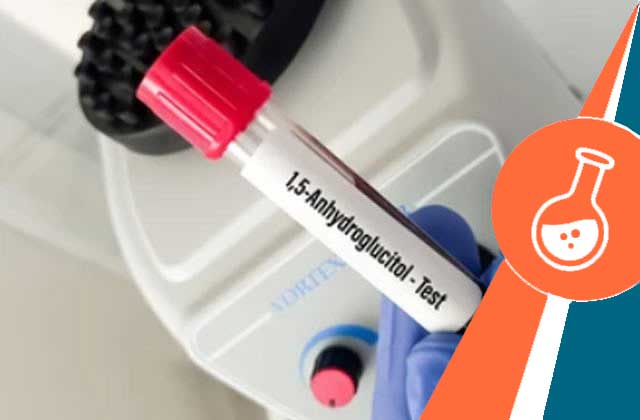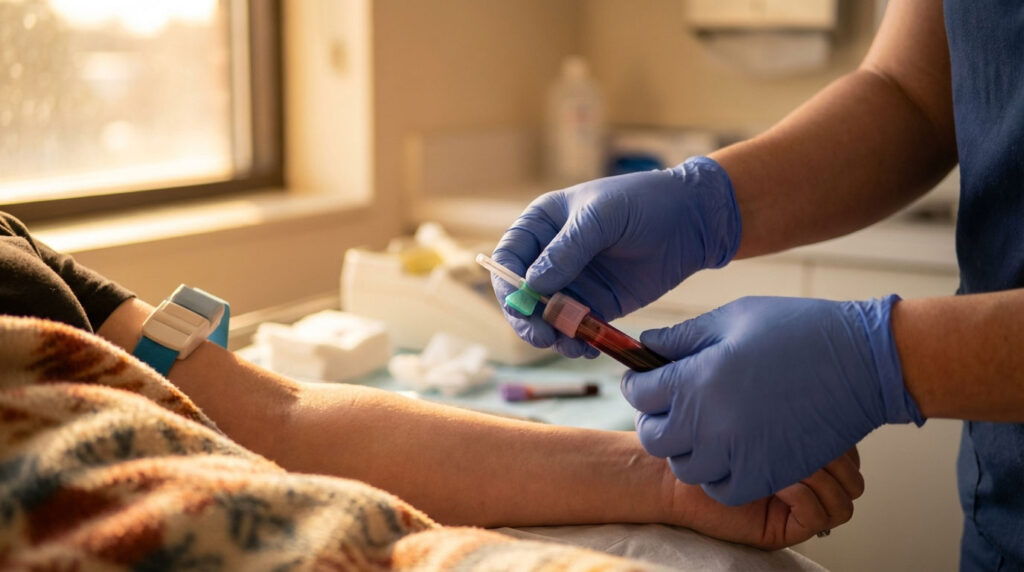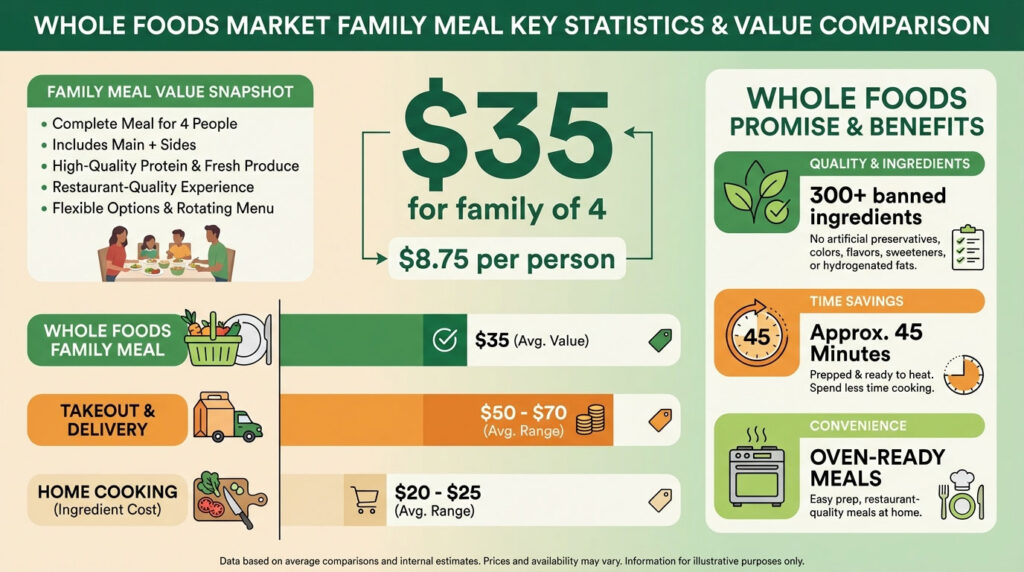1,5-Anhydroglucitol (1,5-AG) and its Function
1,5-Anhydroglucitol (1,5-AG) is a naturally occurring monosaccharide, a type of sugar molecule, that is present in the bloodstream. Its function is closely tied to glucose metabolism and serves as a marker of short-term glycemic control.
When we consume carbohydrates, they are broken down into glucose, which is the primary source of energy for our cells. Insulin, a hormone produced by the pancreas, helps regulate the uptake and utilization of glucose by our body’s cells. However, in individuals with diabetes or impaired glucose tolerance, the regulation of glucose levels is disrupted.
The function of 1,5-AG comes into play because it competes with glucose for absorption in the kidneys. As blood glucose levels rise, 1,5-AG is less effectively reabsorbed by the kidneys and more is excreted in the urine. Conversely, when blood glucose levels are in the normal range, 1,5-AG is reabsorbed and retained in the bloodstream.
Therefore, 1,5-AG levels in the blood can provide information about glycemic control over the preceding one to two weeks. If blood glucose levels have been consistently high during this period, 1,5-AG levels will be lower. Conversely, if blood glucose levels have been well-controlled, 1,5-AG levels will be higher.
Conditions that may require 1,5-Anhydroglucitol (1,5-AG) Test
The 1,5-Anhydroglucitol (1,5-AG) test is primarily used in the management and monitoring of diabetes. It provides additional information about short-term glycemic control and can be particularly useful in certain clinical situations. Here are some conditions and scenarios in which a 1,5-AG test may be ordered:
- Diabetes management: The 1,5-AG test is commonly used in individuals with diabetes, both type 1 and type 2. It can provide insights into glycemic control over the preceding one to two weeks, complementing other measures such as blood glucose monitoring and HbA1c (glycated hemoglobin) levels.
- Postprandial hyperglycemia: Some individuals experience significant increases in blood glucose levels after meals, known as postprandial hyperglycemia. The 1,5-AG test can help evaluate the extent of these fluctuations and provide additional information about short-term glycemic control following specific meals or periods of the day.
- Hypoglycemia assessment: The 1,5-AG test may be used to evaluate episodes of hypoglycemia (low blood sugar). It can help differentiate between hypoglycemic episodes resulting from excessive insulin or other glucose-lowering medications and those related to other factors.
- Unexplained glycemic fluctuations: In cases where there are unexplained fluctuations in blood glucose levels, the 1,5-AG test can provide insights into short-term glycemic control and help identify potential patterns or triggers for glucose variability.
- Assessing treatment effectiveness: The 1,5-AG test may be employed to monitor the effectiveness of diabetes treatment regimens. By comparing 1,5-AG levels over time, healthcare professionals can evaluate the impact of changes in medication, diet, or lifestyle on glycemic control.
- Gestational diabetes: During pregnancy, some women develop gestational diabetes. The 1,5-AG test can assist in evaluating glycemic control in these individuals and monitoring their response to treatment.
1,5-Anhydroglucitol (1,5-AG) Test Procedure
The 1,5-AG test is performed by drawing a blood sample from a vein in your arm. Our phlebotomist, will clean the site with an antiseptic and apply a tourniquet to make the veins more visible. He will then insert a sterile needle into a vein and collect the required amount of blood into a collection tube.
Interpreting 1,5-Anhydroglucitol (1,5-AG) Test Results
Interpreting the results of a 1,5-Anhydroglucitol (1,5-AG) test involves understanding the reference range and considering the clinical context. Here’s a general guide on how to interpret 1,5-AG test results:
- Normal range: The normal range for 1,5-AG levels in the blood is typically around 10-40 ??g/mL. This range may vary slightly depending on the laboratory and the specific assay used. It’s important to note that the reference range may differ between different populations and age groups, so it’s best to refer to the specific reference range provided by the laboratory performing the test.
- Low levels: Low levels of 1,5-AG indicate decreased glycemic control and increased glucose variability over the preceding one to two weeks. This can occur in conditions such as uncontrolled diabetes or episodes of hyperglycemia (high blood sugar). It’s important to assess the clinical context, including blood glucose levels and other markers of glycemic control, to determine the significance of low 1,5-AG levels.
- High levels: High levels of 1,5-AG are generally within the normal range and indicate better glycemic control with fewer glucose fluctuations. This is typically seen in individuals with well-managed diabetes or stable blood glucose levels. High 1,5-AG levels suggest that the individual has been able to maintain their blood glucose within a normal range over the preceding one to two weeks.
- Interpretation with other markers: It’s important to interpret 1,5-AG results in conjunction with other markers of glycemic control, such as fasting blood glucose, postprandial glucose levels, and HbA1c (glycated hemoglobin). These markers provide a more comprehensive picture of glycemic control over different time periods.
- Clinical context: The interpretation of 1,5-AG test results should always be done in the context of the individual’s clinical situation. Factors such as medications, comorbidities, dietary changes, and acute illnesses can influence 1,5-AG levels. It’s important to consider these factors and assess the overall clinical picture when interpreting the results.
Treatment for High 1,5-Anhydroglucitol (1,5-AG) levels
Low 1,5-Anhydroglucitol (1,5-AG) levels typically indicate decreased glycemic control and increased glucose variability over the preceding one to two weeks. In such cases, the focus should be on improving glycemic control and addressing the underlying factors contributing to the low 1,5-AG levels. Here are some general recommendations:
- Diabetes management review: Evaluate and review your current diabetes management plan with your healthcare provider. This may involve assessing your medication regimen, dietary habits, physical activity levels, and overall lifestyle factors that impact glycemic control. Identifying areas that need improvement can help guide treatment adjustments.
- Medication adjustment: If you are taking medications to manage your diabetes, such as oral antidiabetic medications or insulin, your healthcare provider may need to adjust your dosage or add/change medications to improve glycemic control. Regular monitoring of blood glucose levels and working closely with your healthcare provider can help determine the appropriate adjustments needed.
- Blood glucose monitoring: Regularly monitor your blood glucose levels to identify patterns, trends, and potential triggers for glucose variability. Self-monitoring of blood glucose (SMBG) or continuous glucose monitoring (CGM) can provide valuable information for making treatment decisions and adjusting therapy as needed.
- Dietary modifications: Follow a balanced and individualized diet plan that is appropriate for your diabetes management. Focus on consuming a variety of nutrient-dense foods, including whole grains, fruits, vegetables, lean proteins, and healthy fats. Consider working with a registered dietitian who specializes in diabetes management to develop a personalized meal plan.
- Physical activity: Engage in regular physical activity, as recommended by your healthcare provider. Exercise can help improve insulin sensitivity, lower blood glucose levels, and contribute to overall glycemic control. Discuss with your healthcare provider the type, duration, and intensity of exercise that is appropriate for you.
More Related Tests
Why To Book with HealthCareOnTime

17 Crores+ Samples Processed

World Class Technology Labs

25+ Years of Trust & Experience

Free Home Collection
FAQs Around 1,5-Anhydroglucitol (1,5-AG)
How much does 1,5-Anhydroglucitol (1,5-AG) Test cost?
The 1,5-Anhydroglucitol (1,5-AG) Test cost is Rs.1000, although it is now available for Rs.777 because of the offer.










